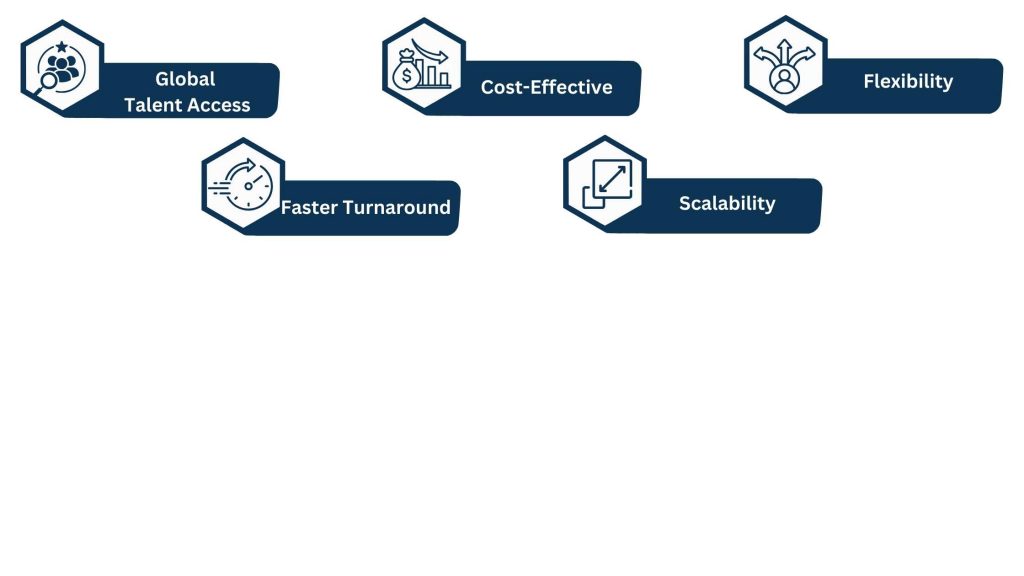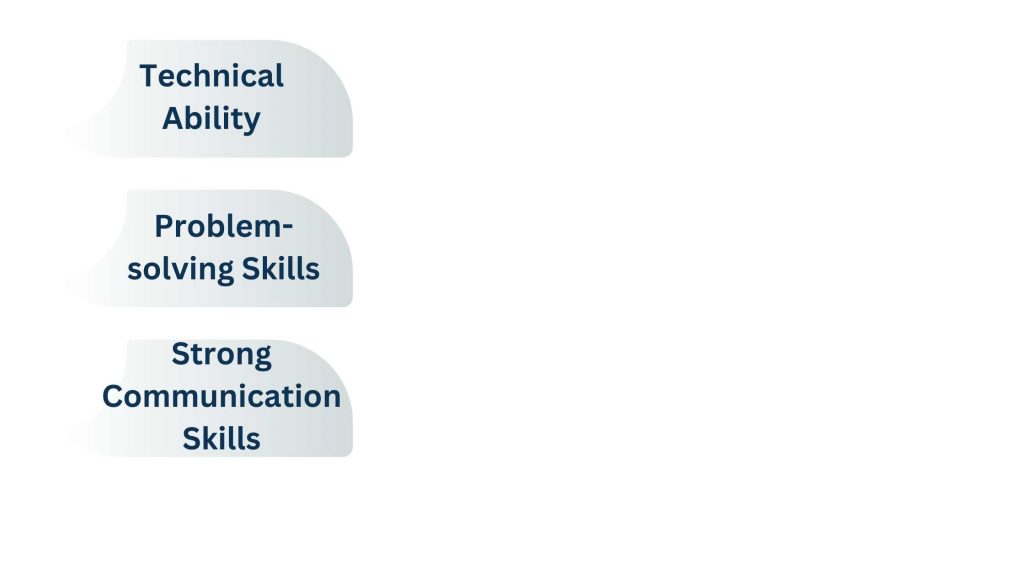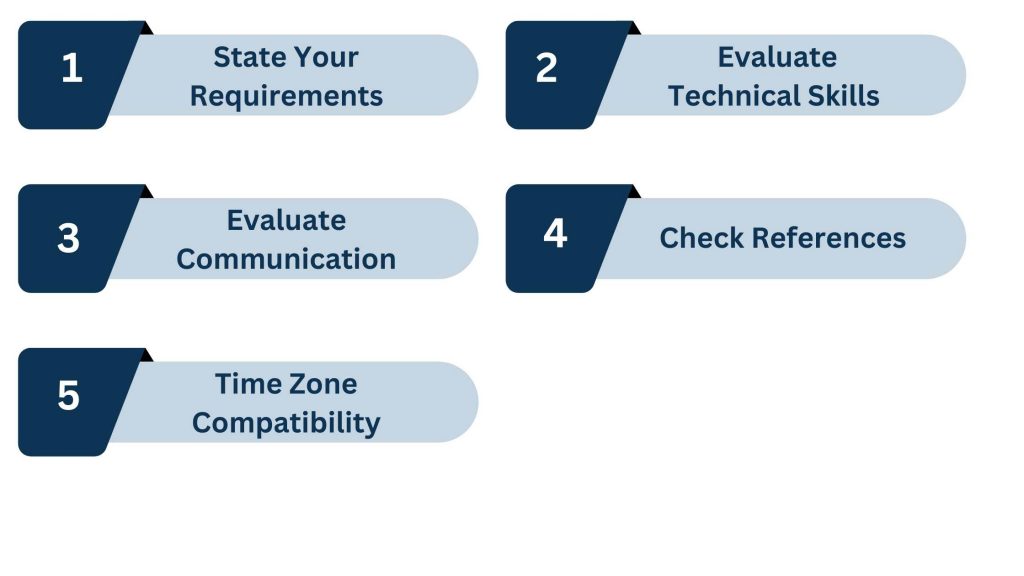Introduction
Websites understand the user experience that makes or breaks a business digitally. A front-end developer plays a huge role in creating visually appealing, responsive, and functional websites. Today’s work-from-home culture for businesses makes hiring a remote front-end developer flexible, providing access to a worldwide talent pool and a relatively cost-effective solution.
This blog reviews all the pros and cons, liabilities, and even how one selects the most remote front-end developer for you.
Definition of a Remote Front-End Developer
The term ‘front-end developer’ refers to the professional who works on the visual section of a website or an application. His responsibility is to make layouts and design interactive features for users to view and experience the user-end interaction directly.

Major responsibilities:
- Convert designs made by others into real sites using HTML, CSS, and JavaScript.
- Responsive and optimized for all devices.
- Debugging and troubleshooting of UI/UX issues.
- Coordination with the back-end developers and designers for seamless integration.
- Updating and implementing the latest trends in the industry.
Reasons for Hiring a Remote Front-End Developer

- Global Talent Access: You expand your staff beyond geographical boundaries to locate the best talent with the most specialized expertise.
- Cost-Effective: Save on office space, utilities, and other overheads while accessing competitive rates in global markets.
- Flexibility: Remote developers can work across different time zones, ensuring round-the-clock progress for your projects.
- Faster Turnaround: With experienced professionals dedicated to your project, timelines can be met more efficiently.
- Scalability: Scalable service as per requirement of projects with no long-term commitment.
Skills of a Remote Front-End Developer

While hiring a remote front-end developer you should consider the following things:
1. Technical Ability:
- HTML, CSS, and JavaScript with any one framework, be it React Angular, or Vue.js.
- Different techniques for responsive designs and their cross-browser compatibility.
2. Problem-solving Skills:
- It must be able to troubleshoot and fix UI/UX issues quickly.
3. Strong Communication Skills:
- To smoothly collaborate with remote teams. Effective Time Management.
- To deliver timely output working independently with minimal constant supervision on timely delivery. Design Collaboration.
- Awareness of UI/UX best practices for collaboration with the designer.
Also Read: Influencer Marketing Coordinator
Tools Employed by the Remote Front-end Developers

Remote developers use many tools to collaborate and deliver good-quality output:
Advantages of a Remote Front-End Developer

- Improved User Experience: Expert developers guarantee your website is easy to navigate and aesthetically pleasing.
- Rapid Project Completion: A dedicated offshore developer will ensure the work gets done without any side issues from your internal team.
- Flexibility: Remote talent is easy to adapt to changes in project requirements or trends in the market.
- Competitive Advantage: Remote developers help you stay ahead with the latest technologies and designs.
- Focus on Core Business: Experts save you ample time to work on strategic business objectives.
How to Choose the Best Remote Front-End Developer

- State Your Requirements: Describe your project’s scope, deadline, and technical skills.
- Evaluate Technical Skills: Ask them to complete coding challenges or check their portfolio to judge their capability to work with front-end technologies.
- Evaluate Communication: Determine if they can work well with your team, especially in a remote setting.
- Check References: Verify their experience and reliability by contacting past clients or employers.
- Time Zone Compatibility: Their working hours should be aligned to ensure smooth communication and collaboration.
Conclusion
Hiring a remote front-end developer is a strategic step for businesses to develop highly engaging and user-friendly websites that are not hampered by geographical and overhead costs. With access to global talent, scalable solutions, and high flexibility, your vision may come to life while facing the dynamic demands of the digital age.
From designing new websites to enhancing existing ones, an experienced remote front-end developer will make a difference for your business in such a competitive online environment. Contact Tasks Expert today and explore how excellent remote talent can take your business to the next level.
About Us
Tasks Expert offers top-tier virtual assistant services from highly skilled professionals based in India. Our VAs handle a wide range of tasks, from part time personal assistant to specialized services like remote it support services, professional bookkeeping service etc. Furthermore, it helps businesses worldwide streamline operations and boost productivity.
Ready to elevate your business? Book a Call and let Tasks Expert take care of the rest.









